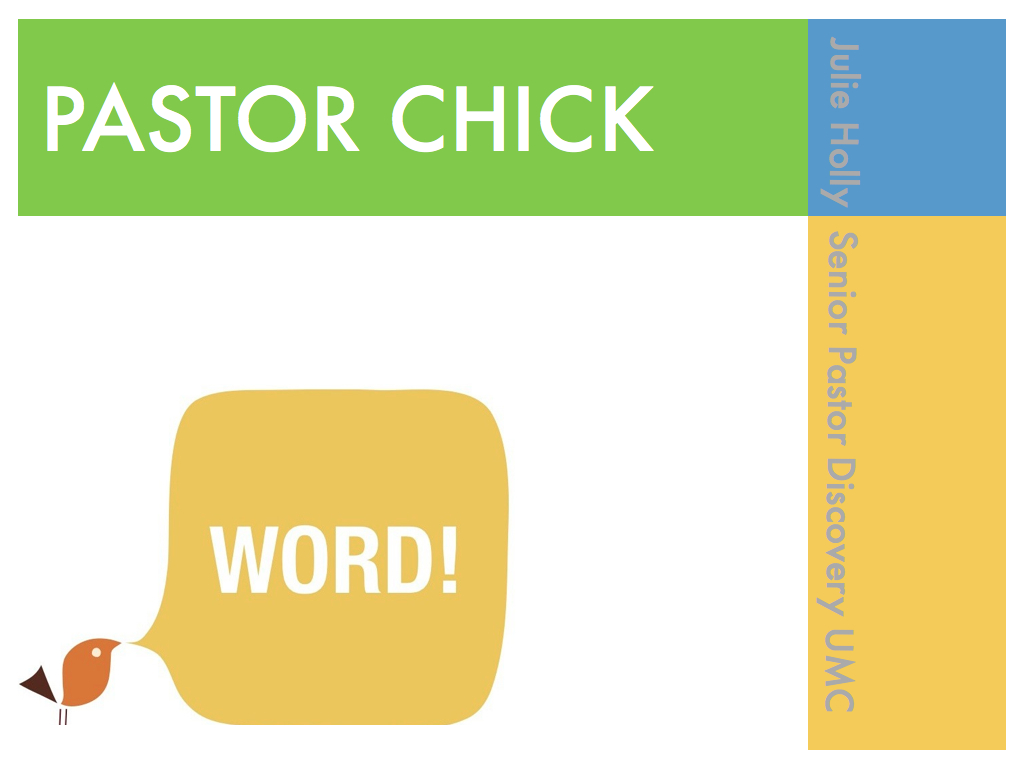For the next few months, I will be using my blog (hopefully more often than I have been!) to focus on the upcoming General Conference of the United Methodist Church in April-May, the North Alabama Annual Conference in June, and the Southeast Jurisdictional Conference in July. You can learn more about what GC is at this site. I will share my own experiences as the first alternate delegate to GC and as a delegate to JC. I will also post some from other people's writings on these subjects. Feel free to add your comments and posts, but also please remember to "tell the truth in LOVE".
First, just check out the amount of reading that is required to know what all is happening at General Conference--and the papers in the picture are only the beginning! I understand we get new material pretty much every day of GC. I am so thankful for my new refurb ipad2 so that I can download all these documents and not have to carry around 2 full reams of paper with me for the whole of GC!
Speaking of all the reading...much of the reading is of petitions and proposals sent in by groups and individuals of the world-wide United Methodist Church. Anyone who is a member of the UMC can submit a petition. This particular fact became a part of the discussion early on for the North Alabama's Delegation. Thinking of the process of discernment that we practice when people want to be ordained (that an individual's experience of a call to ordained ministry must be affirmed by their local church community), the great majority of our group agreed that it would be an improvement to the process of submitting petitions to GC if individuals were no longer allowed to submit proposals without the support of a larger group. This would mean that if you wanted to submit a petition GC, you would need your Sunday School class, your UMW, your UMM, or some other UMC group to support your petition prior to submitting it--so that all petitions would come from a group of people. The idea is that if you are the only one who thinks it is a good idea and you can't find anyone else to support it, then maybe that is a sign that it won't get any support at GC either. This could also have the added benefit of reducing (mayby only by a few) the number of petitions that come before the GC, leaving more time to discuss those petitions that more people agree are important to the life and work of the UMC.
This is just one item we have discussed. The things that have taken up most of our discussion time as a delegation are the future of the organization of the UMC and the future of the clergy retirement program--more on those later.

